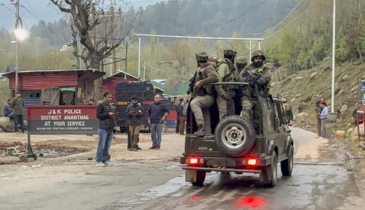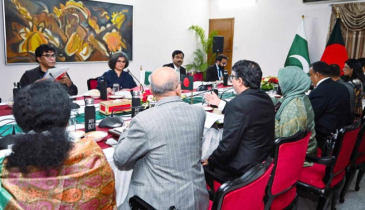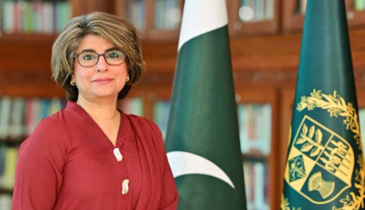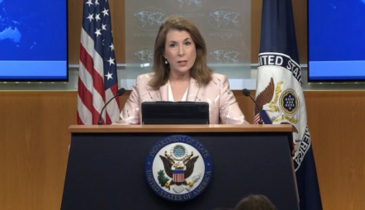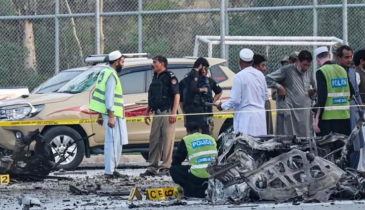India bans Islamic schools in most populous state ahead of elections
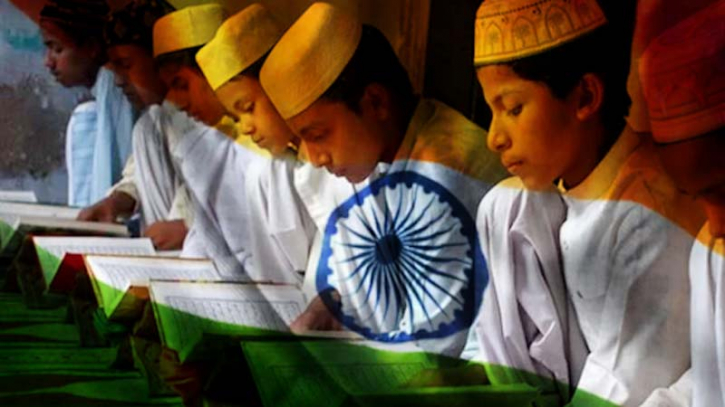
A court in India’s most populous state has effectively banned Islamic schools by striking down a law governing madrasas, weeks before a nationwide election that could further polarize the world’s largest democracy along religious lines.
The Allahabad High Court in Uttar Pradesh declared the Madrasa Act of 2004 unconstitutional in a recent order. The court directed the state government to transition students enrolled in the Islamic education system to mainstream schools.
In its order the high court stated, "We hold that the Madarsa Act, 2004, is violative of the principle of Secularism, which is a part of the basic structure of the Constitution of India." It emphasized that the state, in providing education, must maintain secularism and cannot endorse education specific to any religion or establish separate educational systems for different religions.
Madrasas offer an educational framework where students study the Quran and Islamic history alongside conventional subjects such as mathematics and science. Similarly, some Hindus opt for Gurukuls, which are residential educational institutions where students learn ancient Vedic scriptures alongside regular subjects under the guidance of a guru or teacher.
The ruling has the potential for appeal in the Supreme Court of India.
Uttar Pradesh, with a population of approximately 200 million people, including about 20% Muslims according to the 2011 census, is governed by Prime Minister Narendra Modi's Hindu nationalist Bharatiya Janata Party (BJP). Over the past decade, the state has been at the forefront of passing contentious laws criticized for their alleged discrimination against Muslims, further exacerbating their marginalization in the secular republic.
.png)


